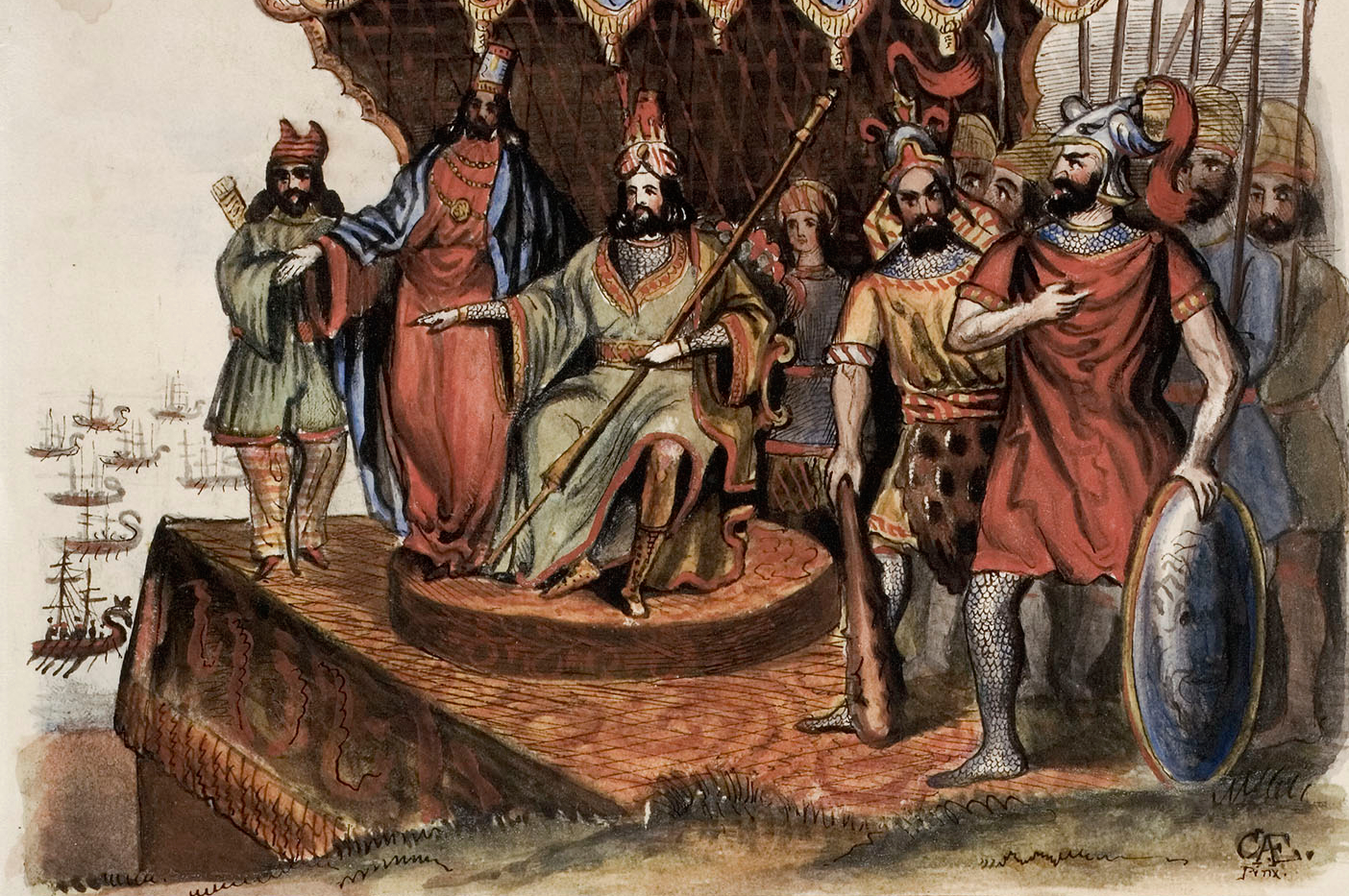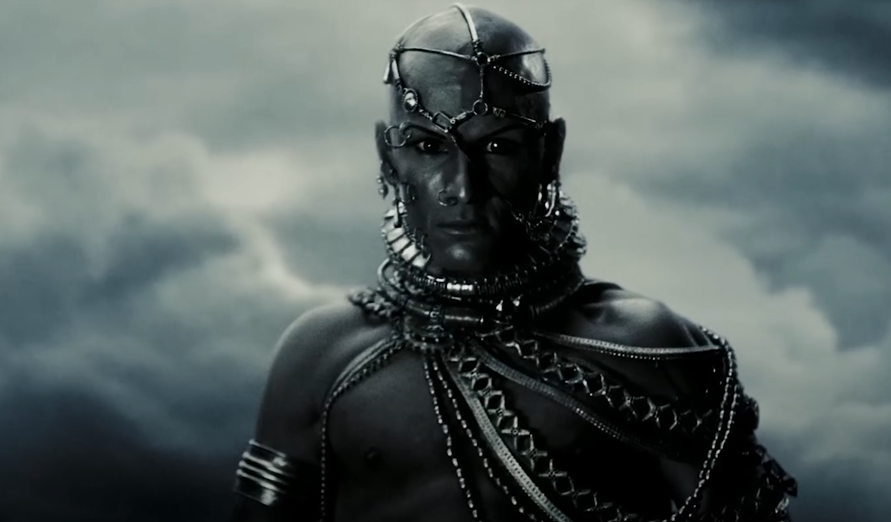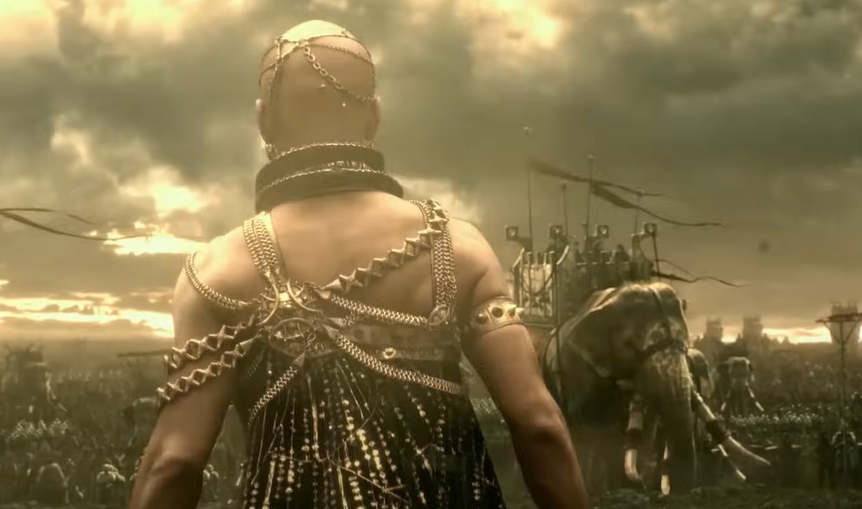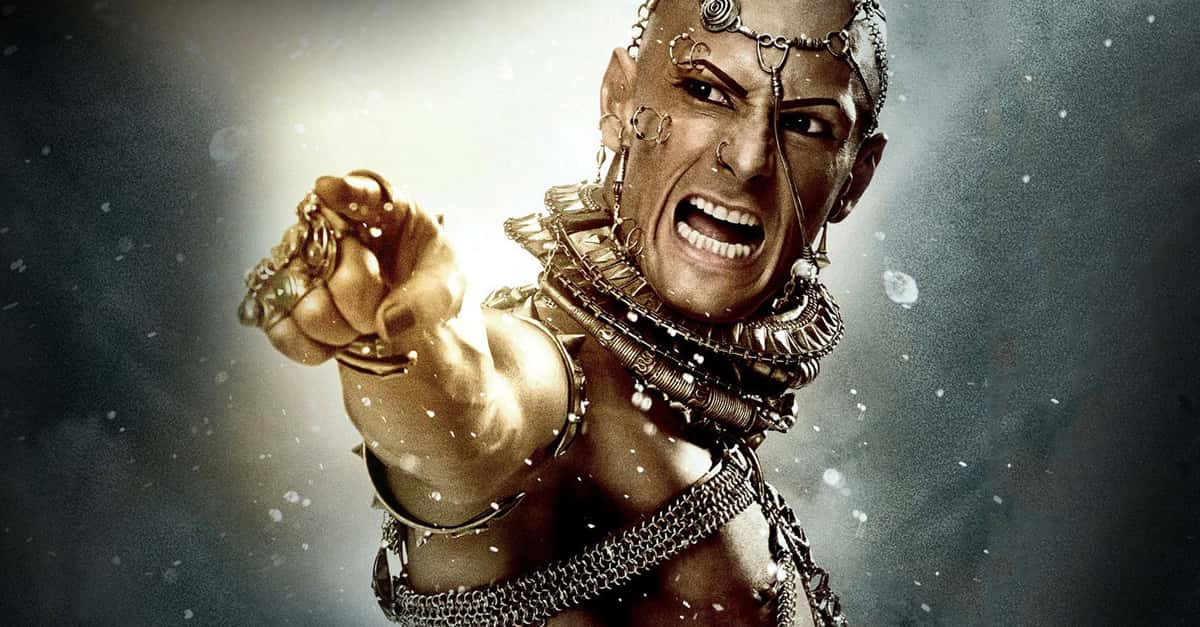The King Of Kings
Xerxes the Great was the fourth King of Kings who ruled the Achaemenid Empire of Persia. Known in the modern day for fighting the Greeks, as well as for for his battle-hardened feats and massive stone structures that he left behind, in life, Xerxes spent much of his reign embroiled in a lethal and surprisingly devious game of thrones.

1. He Was Of Royal Stock
Xerxes I was born circa 518 BCE, son of the incumbent monarch of the Achaemenid Empire, Darius the Great. Though his father ruled, it was from his mother that Xerxes received his ordained royalty: She was Atossa, a daughter of the founder of the empire, Cyrus the Great.
Back then, life was hard, even for a prince. But from day one, Xerxes assumed the role of the protagonist in his dramatic, adventurous life.
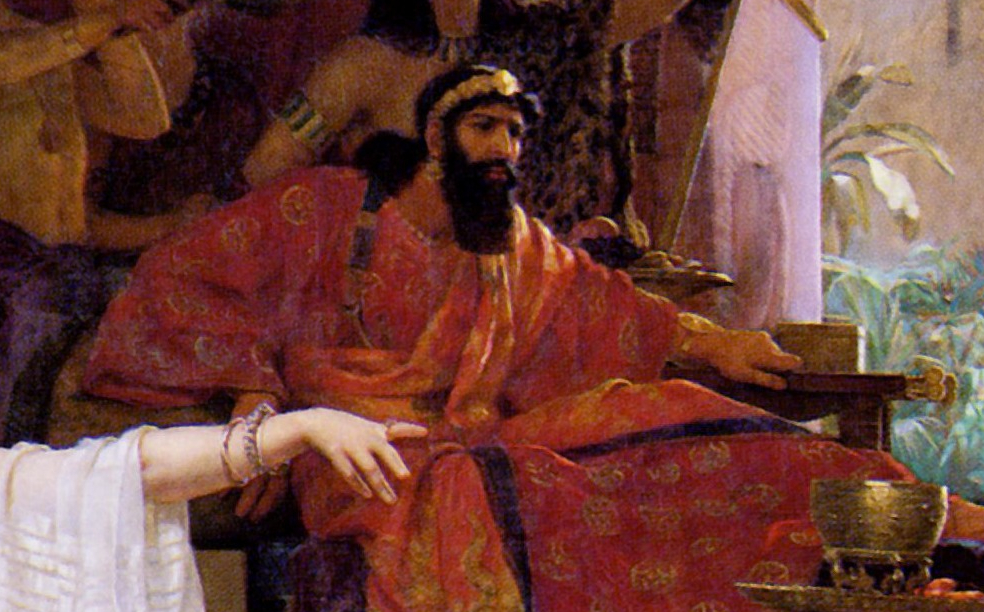 Ernest Normand, Wikimedia Commons
Ernest Normand, Wikimedia Commons
2. His Name Foretold His Destiny
Xerxes was named in the language of his empire, Old Iranian. Transliterated from that ancient tongue, his name means “ruling over heroes”. It prophesied his role leading brave soldiers in great battles later in life.
As the first of his name, he set a noble precedent too.
 National Museum of Iran, CC BY 3.0, Wikimedia Commons
National Museum of Iran, CC BY 3.0, Wikimedia Commons
3. He Started A Trend
Such was the reputation the brave king would later make for himself that his name became a staple of ancient Persian culture. Xerxes became a popular moniker for multiple rulers of the Achaemenid Empire for many successive generations.
So what did he do that made him so worthy of imitation? Let's find out.
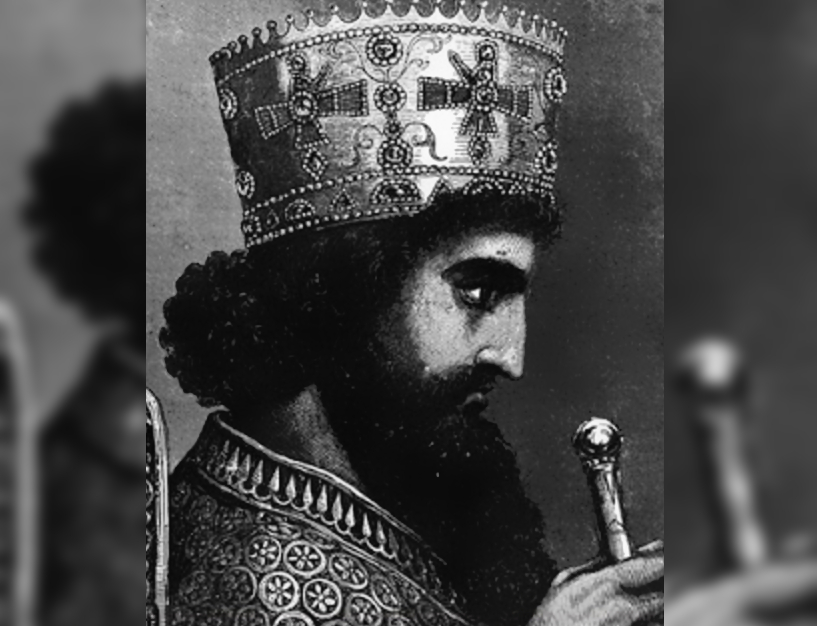 Mbmrock, CC BY-SA 4.0, Wikimedia Commons
Mbmrock, CC BY-SA 4.0, Wikimedia Commons
4. He Had A Typical Upbringing
Xerxes lived thousands of years ago, so records of his life—and especially his childhood—are sparse, though unearthed Ancient Greek dialogues have described the typical upbringing of Persian princes. From these sources, we can say with some likelihood that Xerxes was raised by eunuchs, powerful religious figures dedicated to the royal family.
But don't picture some dainty, spoiled prince. Xerxes's upbringing was intense.
 Rijksmuseum, Wikimedia Commons
Rijksmuseum, Wikimedia Commons
5. He Trained As A Warrior
At the young age of seven, Persian princes (and, therefore, most likely the case with Xerxes too) learned to ride horses and hunt game, preparing them for survival on the battlefield. But Persian princes needed brawn and brains.
By the age of 14, Xerxes would have begun education in courtly matters. Four aristocratic teachers taught him how to be “wise, just, prudent, and brave”.
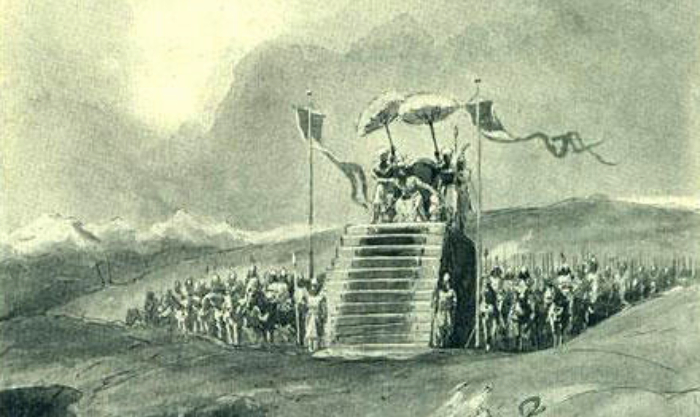 Unknown Author, Wikimedia Commons
Unknown Author, Wikimedia Commons
6. He Learned Morality
Throughout his education, Xerxes probably learned the ways of the Zoroastrian religion too. The tenants of this faith taught young princes to be truthful, courageous, and self-restraining. It also propagandized them into battle-readiness, with honestly very cool slogans like “Fear, for a Persian, is the equivalent of slavery”.
It was a good lesson to teach the young prince. Later in life, Xerxes would face fear like he never dreamed of.
 Unknown Author, Wikimedia Commons
Unknown Author, Wikimedia Commons
7. He Learned To Serve His People
The Achaemenid Empire had an impressive knack for ingratiating rulers with their people, because at around 16 years old, princes like Xerxes had to partake in 10 long years of national service. During this decade, the young prince would have learned archery and spear throwing for the purposes of hunting and war, fostered through a sense of friendly competition with his peers. But Xerxes’ training still did not end there.
 Guillaume Rouille, Wikimedia Commons
Guillaume Rouille, Wikimedia Commons
8. He Got Conscripted
If you thought the national service was long, in his mid-to-late-20s, Xerxes began the mandatory 25-year military service of all Persian princes. If he had completed this assignment, he would have achieved the status of elder and would have served the king as an adviser.
However, Xerxes's sudden ascension to the throne cut his service short. But he may not have learned everything he needed to know.
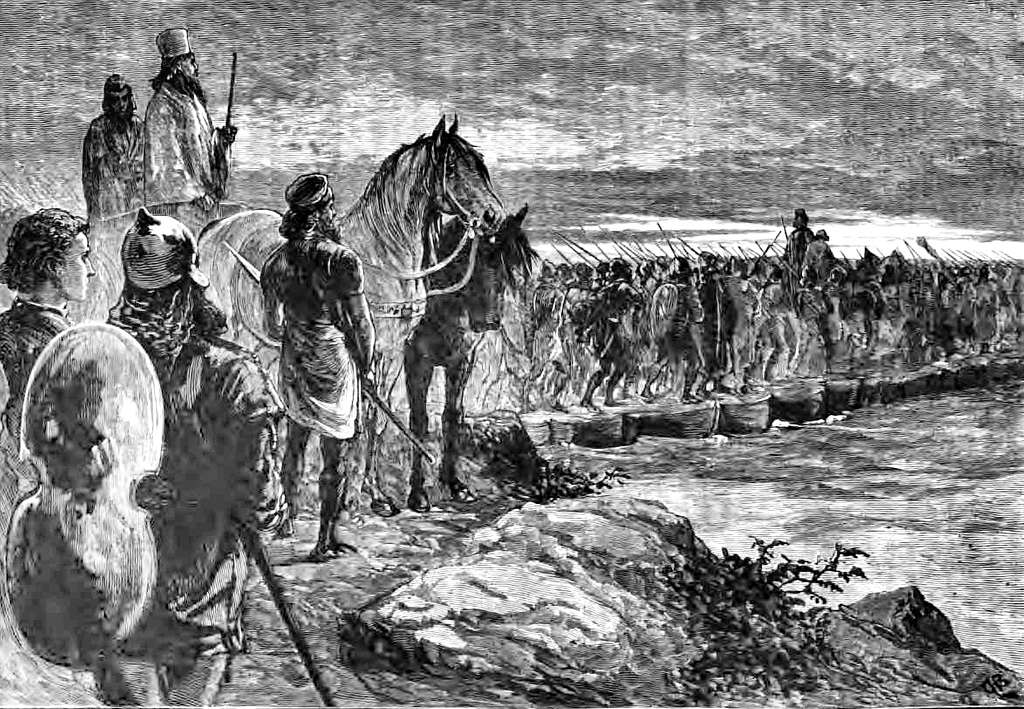 Cassell's illustrated universal history, Picryl
Cassell's illustrated universal history, Picryl
9. His Literacy Is Unclear
While Xerxes’ education was broad, with many learned skills transferable to his later position, it was unclear whether he ever learned to read or write. These abilities did not hold much importance, as they do in our modern world, to Persian culture at the time.
They relied more on oral culture to pass on stories and wisdom than on written records and literature. It’s actually a large factor in why we don’t know much about the prince’s early life.
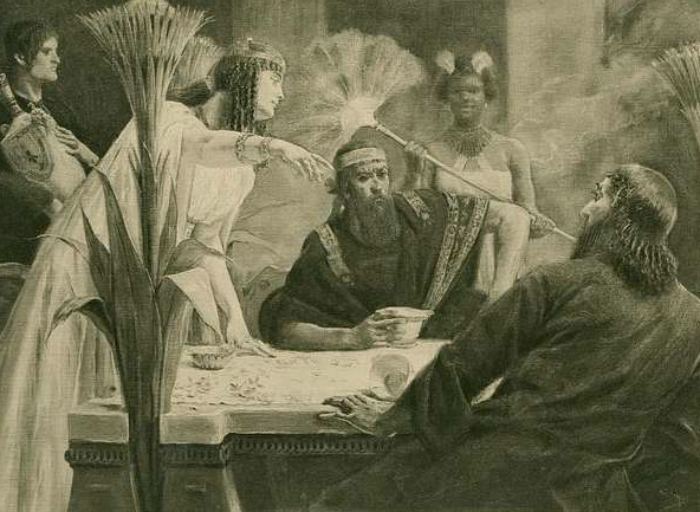 New York Public Library, Picryl
New York Public Library, Picryl
10. He Did Some Travelling
One historical record from the Achaemenid Empire suggests that Xerxes resided in the royal palace of Babylon from around the age of 20. This would have been during his national service, and he perhaps lived there as a ward the ruler of the city. His father may have sent him away to focus on other matters that needed attention.
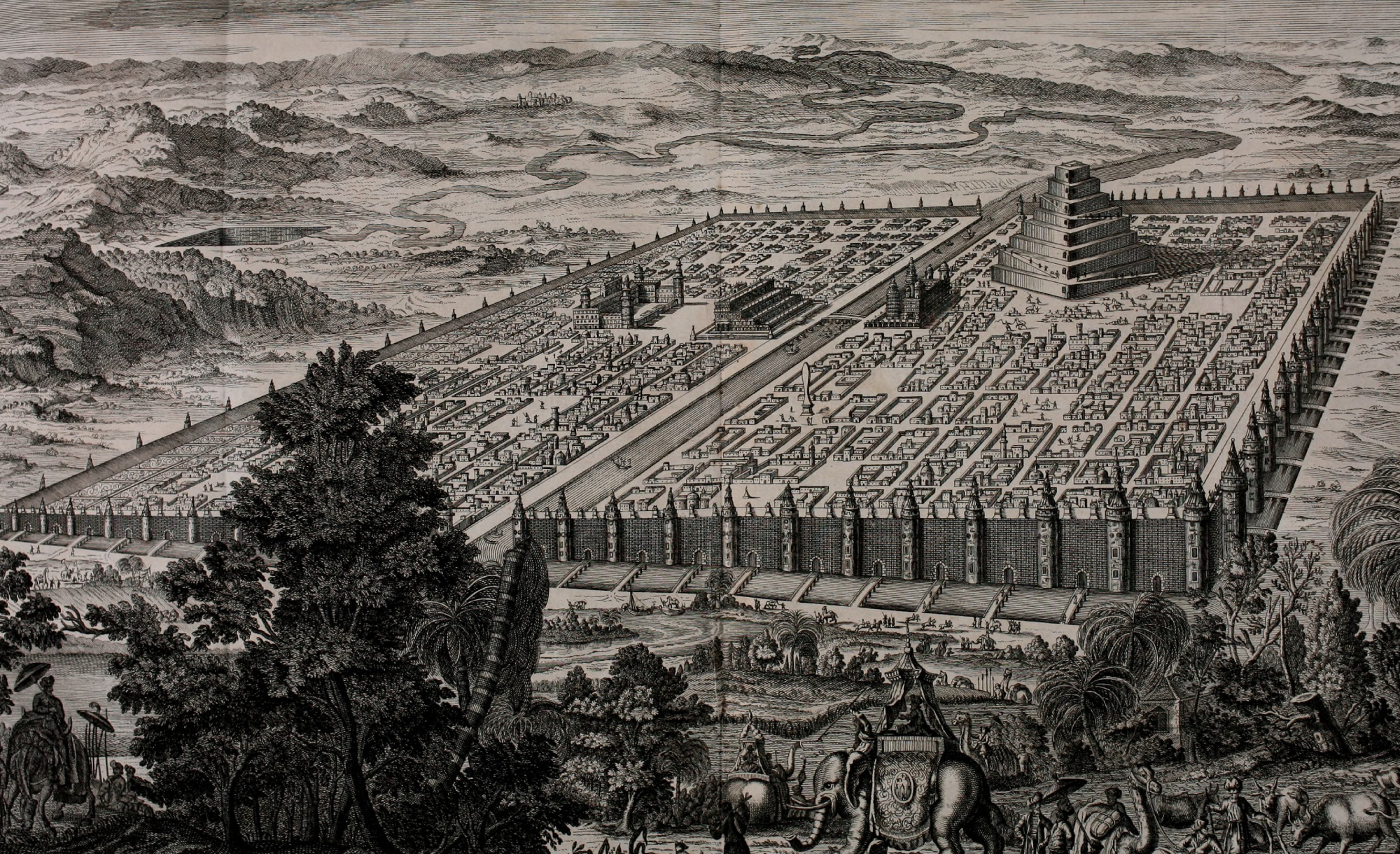 Internet Archive Book Images, Wikimedia Commons
Internet Archive Book Images, Wikimedia Commons
11. His Father Had An Eventful Reign
Xerxes’ father Darius presided over an incredibly tumultuous period for the Achaemenid Empire. The latter days of his rule became characterized by a huge mobilization with the intention of declaring war on Greece. However, due to Darius’ heavy tax policies on Egypt and his unrestrained appropriation of their craftsmen to build Persian palaces, a revolt broke out there in 486 BCE.
He didn't know it yet, but the revolt would spell the beginning of Xerxes’ destiny.
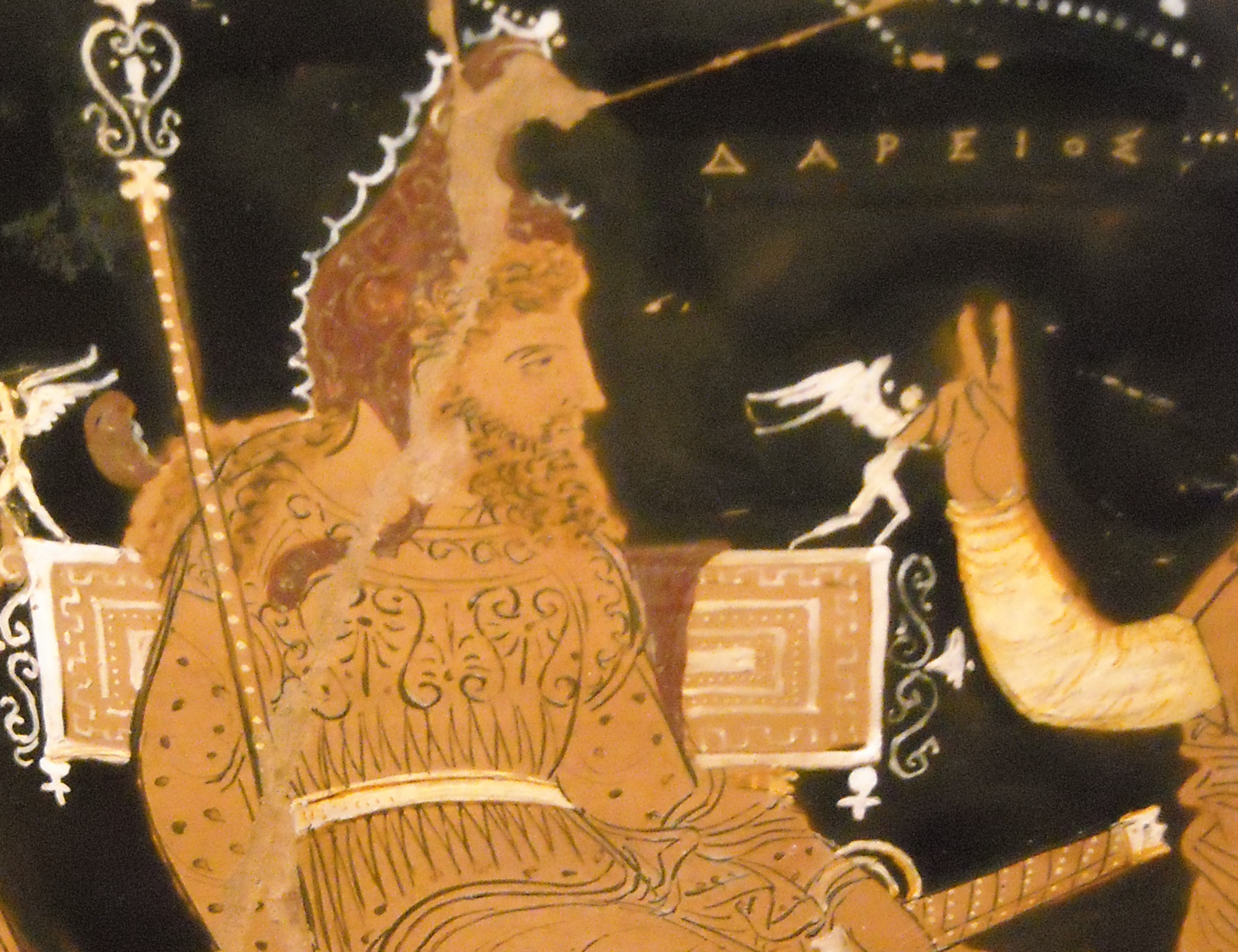 Carlo Raso, CC BY-SA 2.0, Wikimedia Commons
Carlo Raso, CC BY-SA 2.0, Wikimedia Commons
12. His Succession Was Controversial
Preparing to march on Egypt, Darius required an heir before he left, on the contingency that he perished in battle. He opted to name Xerxes as his successor. His choice ignited controversy immediately. Xerxes was actually his second son; his first son, Artobazan, was Xerxes’ half-brother, but he was born to a commoner mother.
And as if the flames of a succession crisis didn't need flaming, Darius didn't stay around much longer either.
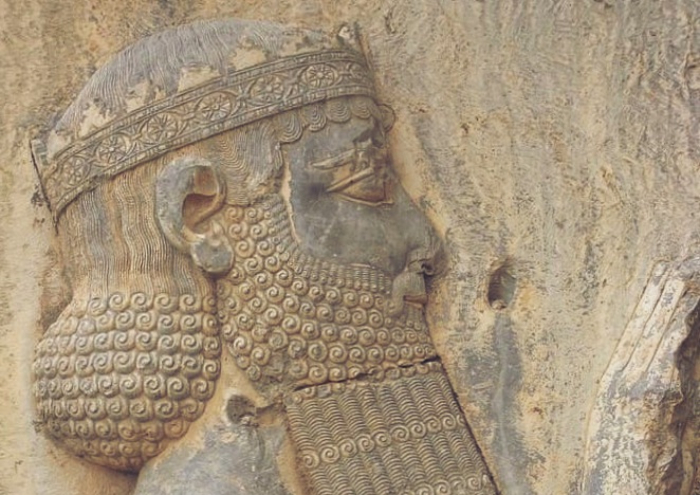 Surenae, CC BY-SA 4.0 , Wikimedia Commons
Surenae, CC BY-SA 4.0 , Wikimedia Commons
13. His Father Passed On
Darius's health had been failing as he planned his campaign to quell the revolts in Egypt, and he succumbed suddenly to his ailments before he even had a chance to leave. He perished at the age of 64 in October of 486 BCE. Xerxes was now the king, according to Darius's wishes.
But of course, the game of thrones isn't quite so simple.
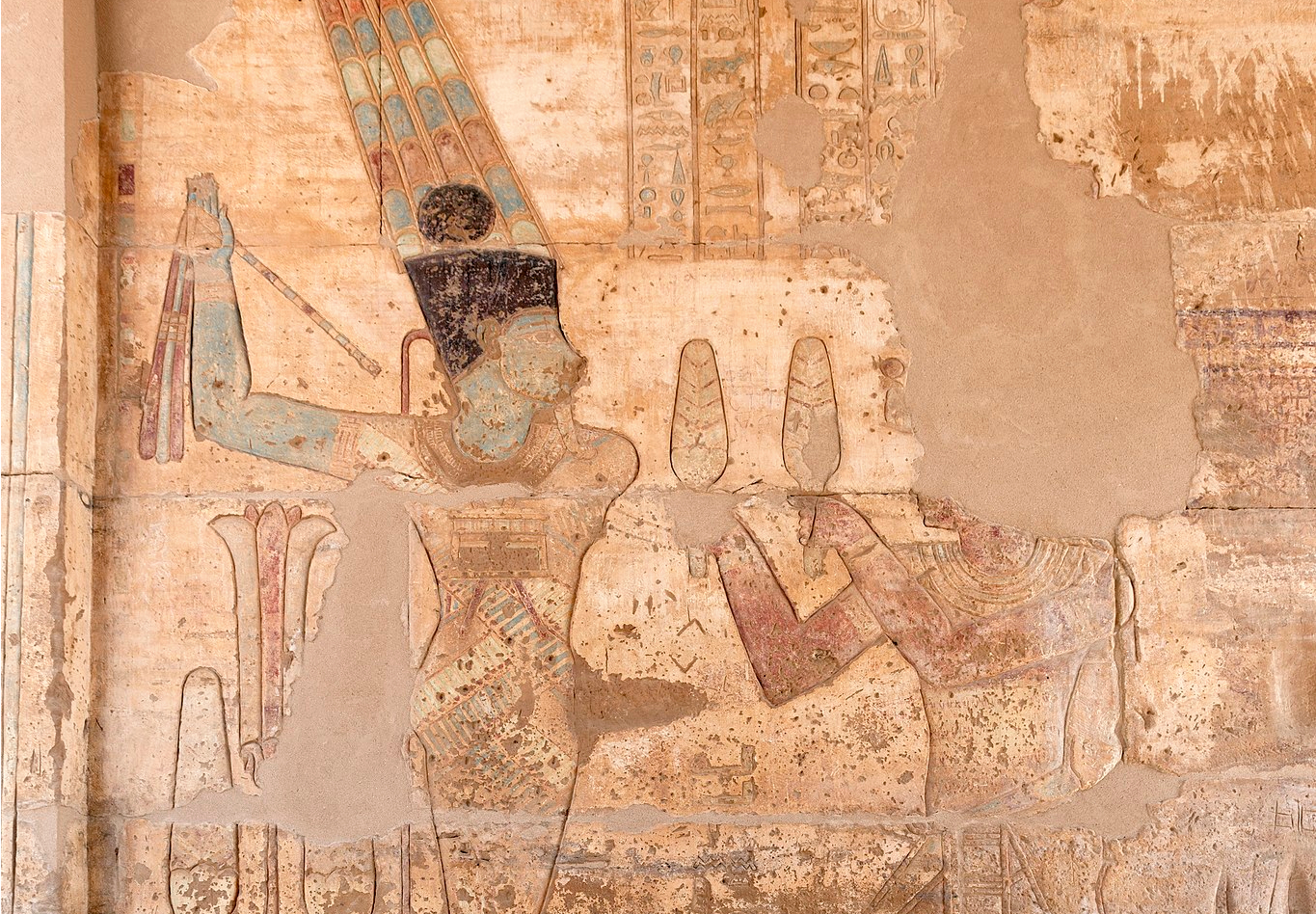 Roland Unger, CC BY-SA 4.0, Wikimedia Commons
Roland Unger, CC BY-SA 4.0, Wikimedia Commons
14. He Fought For The Throne
Artobazan immediately attempted to claim the throne as Darius’ eldest son, but Xerxes had a convincing counterclaim: his mother. As mentioned, Atossa was the daughter of Cyrus the Great, the founding emperor of the Achaemenids, who had won the Persians their freedom.
Xerxes argued this blood connection made him the rightful heir over his half-brother. And he had some surprising allies backing up his claim.
 DiegoColle, CC BY-SA 4.0, Wikimedia Commons
DiegoColle, CC BY-SA 4.0, Wikimedia Commons
15. He Had Some Royal Backup
Interestingly, Xerxes’ claim found support at court with Demaratus, the Spartan king of Eurypontid. Demaratus was in exile and had taken refuge in Persia where he served as an advisor to the Achaemenid dynasty.
Taking Xerxes’ side, the Spartan argued that the eldest son did not have universal claim; in fact, under Spartan law, the throne went to the first son born to the father...while he was king. Darius had not yet ascended to the throne when Artobazan was born and, therefore, Xerxes’ claim was stronger in Demaratus’ eyes. The court had heard enough.
16. He Ascended The Throne
Xerxes won the day, and he was crowned sometime near the end of 486 BCE at around the age of 32. His mother, Atossa, and her great authority at court were instrumental in the smooth transition of power. No one inside or outside the palace challenged Xerxes’ ascension. But the king needed a queen.
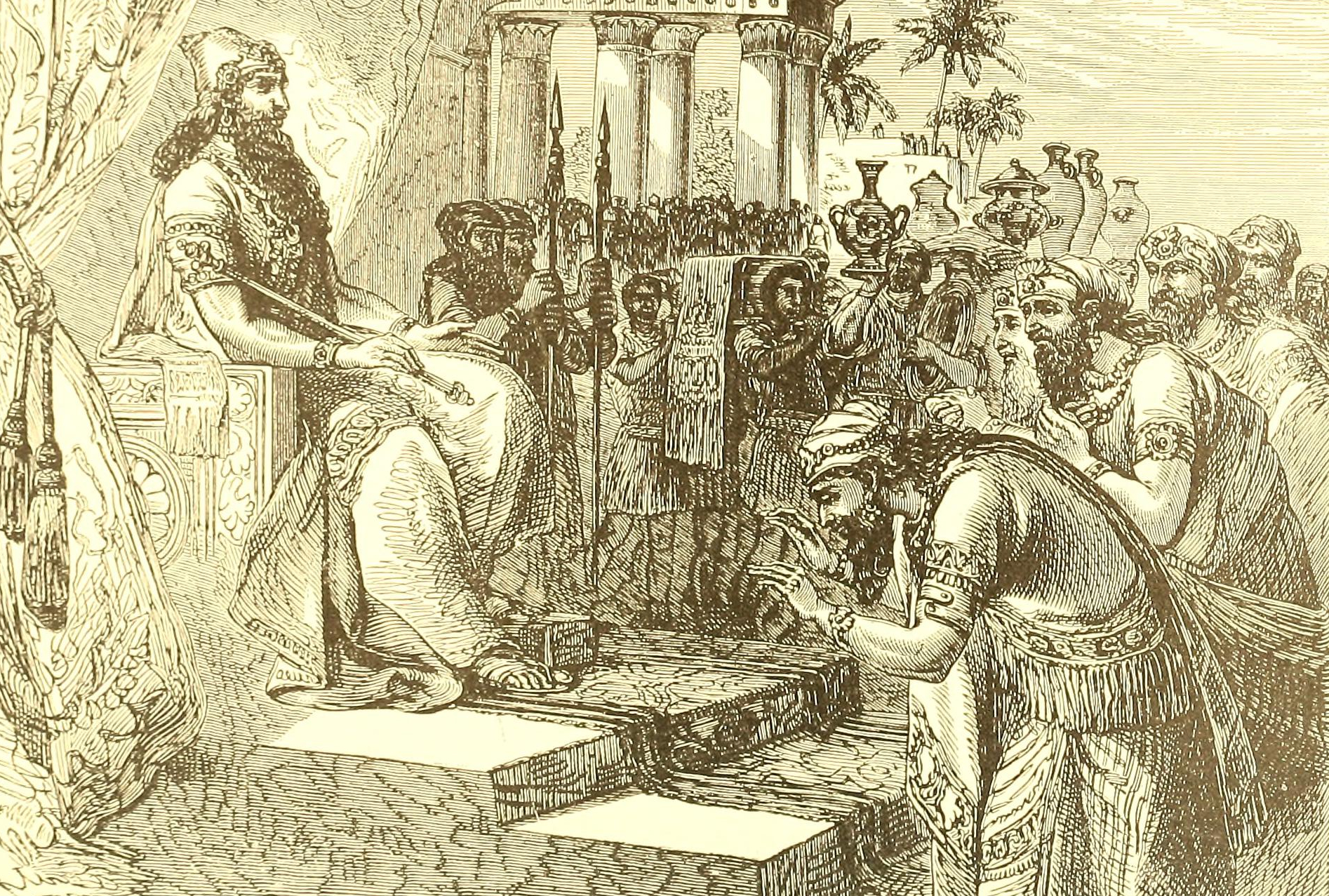 Internet Archive Book Images, Wikimedia Commons
Internet Archive Book Images, Wikimedia Commons
17. He Started A Family
Not long after his ascension, Xerxes married his cousin (a common practice), Amestris. She and Xerxes had five children together. But this King of Kings liked to get around, and Xerxes also sired at least four other children with unknown wives or mistresses. The king and queen were ready to rule their vast empire.
18. His Empire Was Diverse
Xerxes inherited an incredibly far-reaching empire, made up of multiple ethnicities. He appears to have been relatively skillful at maintaining unity among these populations, as soldiers of many different nationalities served in his army. He was politically astute in other ways too.
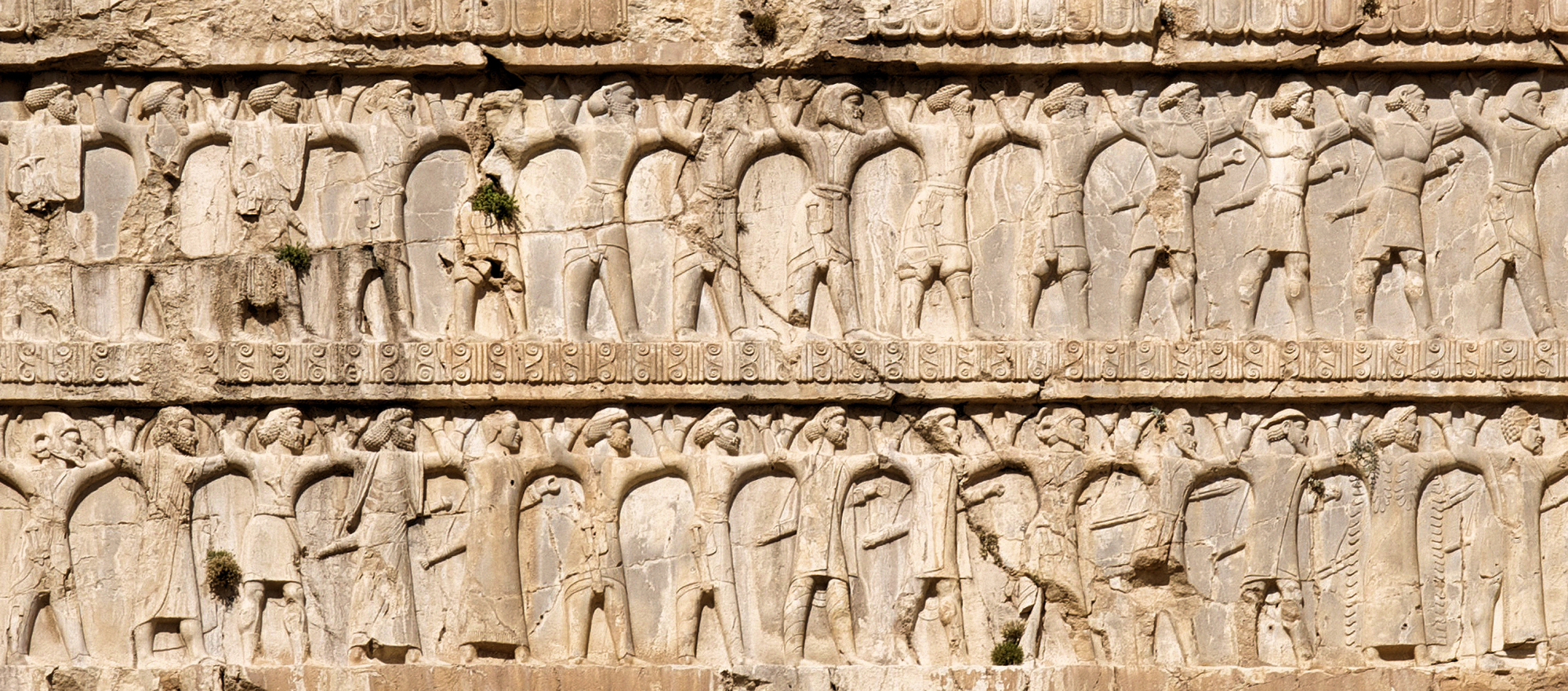 A.Davey, CC BY 2.0, Wikimedia Commons
A.Davey, CC BY 2.0, Wikimedia Commons
19. He Was Diplomatic
Evidence suggests Xerxes was a firm believer in the supreme deity of Zoroastrianism, Ahura Mazda. However, he presided over an empire made up of many different religious groups and treated them all with respect. Xerxes skillfully appealed to local religious scholars when courting favor in more remote regions of the empire, and even made sacrifices to local deities.
This was the carrot he offered, but he also had the stick. And he could be brutal with it.
 Gener8Xion Entertainment, One Night with the King (2006)
Gener8Xion Entertainment, One Night with the King (2006)
20. He Crushed All Who Challenged Him
The situation faced by his father in Egypt was still tense when Xerxes ascended, and another revolt soon broke out in the region. The young king was eager to prove himself and personally led his men to restore order to the region. He brutally suppressed the revolt in January 484 BC, destroying Egyptian religious temples as retribution.
But that wasn't the end of it. He had to make some subsequent political moves to keep the region in line.
 Gener8Xion Entertainment, One Night with the King (2006)
Gener8Xion Entertainment, One Night with the King (2006)
21. He Appointed Political Surrogates
After crushing the Egyptian revolt, the region was conveniently left without anyone to govern it, as the previous satrap (governor) had perished in the battle. Xerxes moved to secure the region for the Achaemenids by appointing his brother, Achaemenes, as new satrap of Egypt. But the campaign came at a serious cost.
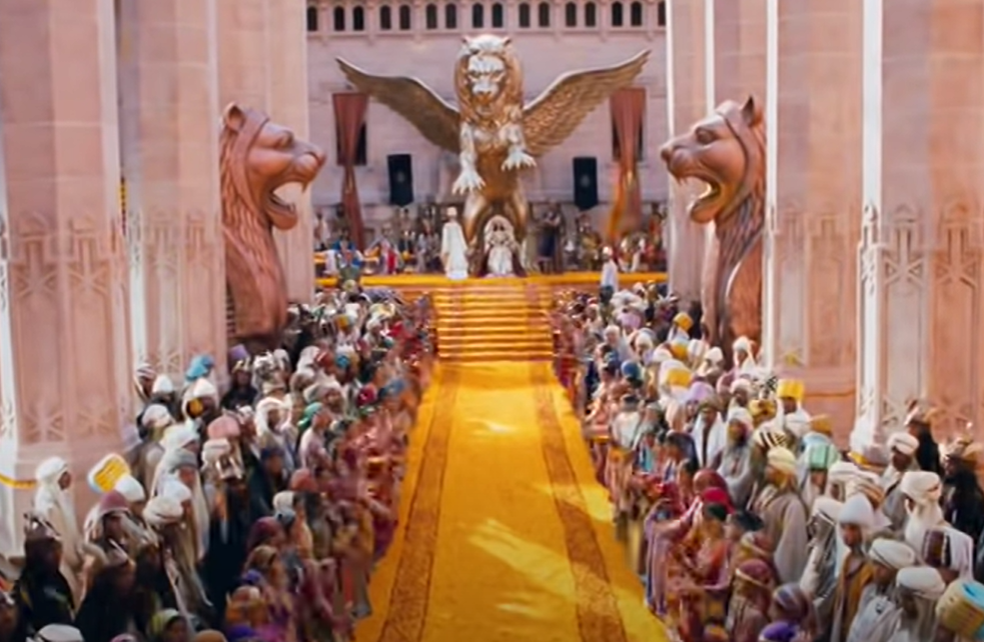 Gener8Xion Entertainment, One Night with the King (2006)
Gener8Xion Entertainment, One Night with the King (2006)
22. He Lost A Lot Of Men
Though the suppression of Egypt was successful, it nonetheless took its toll on Xerxes’ forces. The army his father had mobilized to send into Greece was now significantly weakened. Xerxes, who had intended on going ahead with his father’s intended expedition into Europe, had to put his plans on hold to raise a new army, a project which took four years.
And like a game of whack-a-mole, when one revolt was put down, another popped up somewhere across the empire.
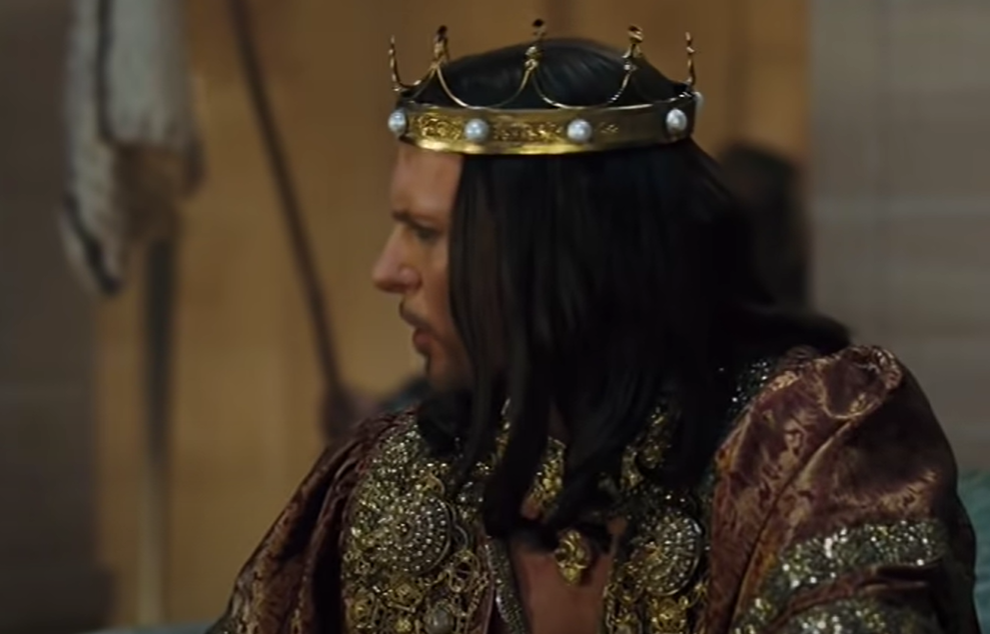 Gener8Xion Entertainment, One Night with the King (2006)
Gener8Xion Entertainment, One Night with the King (2006)
23. He Faced Further Revolts
More unrest broke out early in Xerxes’ reign, this time in Babylon. Though the initial revolt, which broke out in July 484 BC, was short-lived (it apparently only took two weeks to suppress), a second broke out two years later. The cause is unknown, though it was likely due to tax increases implemented to rebuild Xerxes’ army.
This second revolt proved more difficult to suppress, taking almost a year. Xerxes once again had to guarantee peace in the region, so he put his foot down.
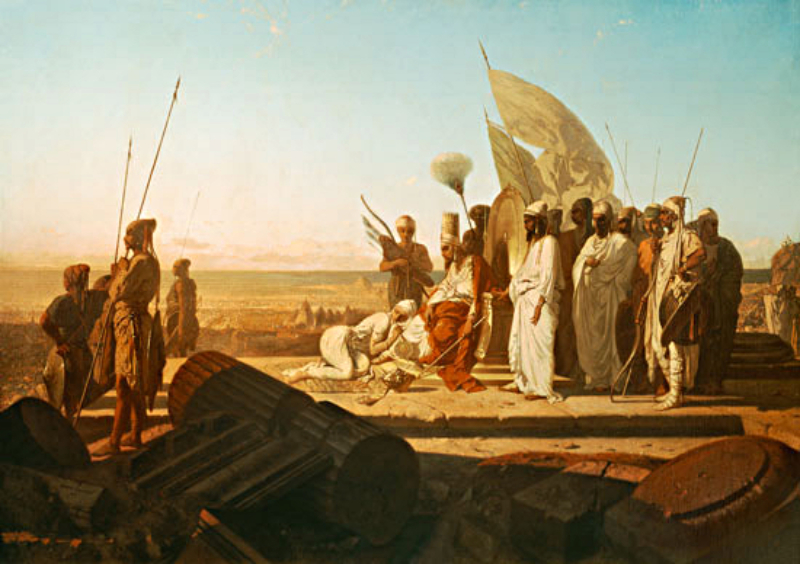 Adrien Guignet, Wikimedia Commons
Adrien Guignet, Wikimedia Commons
24. He Took His Opponents Down A Notch
Before the revolts, Babylon appeared to have occupied a special place in the Achaemenid Empire. Achaemenid Kings held the titles of “King of the Lands”, but also a separate title, “King of Babylon”, implying the region existed as something of a separate entity, united in a personal union with the Achaemenids.
Following the revolts, however, Xerxes dropped this title and divided the Babylonian territory into smaller subunits to pacify the region. But he still needed to send a message—and the message he sent was brutal.
 William Simpson (1823—1899), Wikimedia Commons
William Simpson (1823—1899), Wikimedia Commons
25. He Took Brutal Revenge
Some sources claim Xerxes’ revenge on the Babylonians did not stop at territorial division. Accounts emerged of a brutal crackdown exerted by the king, where he destroyed buildings, damaged temples, and even stole a sacred statue of the god Marduk, which he melted down.
However, modern scholars have disputed the validity of these accusations, dismissing them as made-up stories derived from anti-Persian sentiment. But revenge was what the Achaemenids did best.
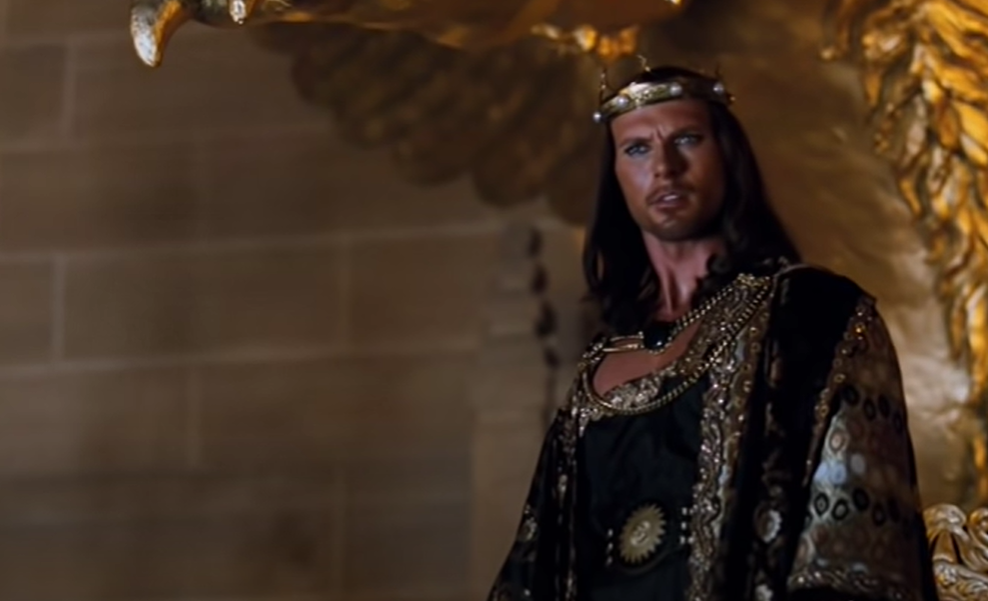 Gener8Xion Entertainment, One Night with the King (2006)
Gener8Xion Entertainment, One Night with the King (2006)
26. He Held A Generational Grudge
Xerxes wasn’t just continuing his father’s plans to invade Greece in tribute to his old man. The Achaemenids had a score to settle with the Athenians, Naxians, and Eretrians, after these Greek city-states had successfully revolted against Persian rule during Darius’s reign.
Xerxes felt he had inherited the task of punishing them—something he was already plenty good at. He set out to ensure the campaign would run as smoothly as possible.
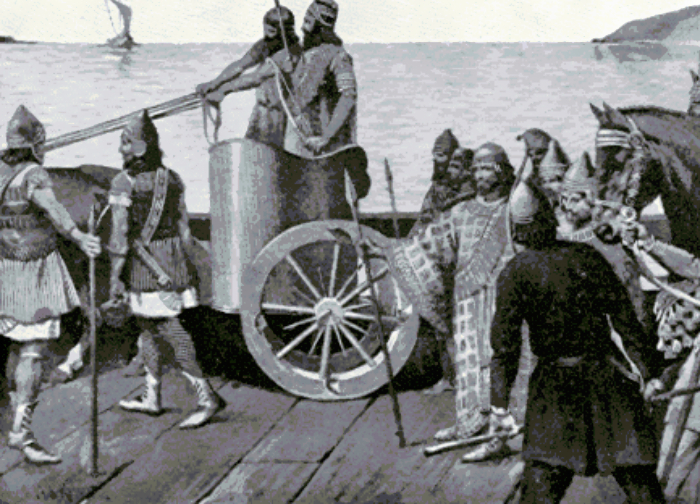 H.A.Guerber, Wikimedia Commons
H.A.Guerber, Wikimedia Commons
27. He Charted A Course
Xerxes’ did not limit his preparations for the invasion to simply shoring up his armies. He literally moved heaven and earth to smooth the journey to Greece—well, the earth part, at least.
He oversaw the digging of the Xerxes Canal through the Mount Athos peninsula, had provisions brought ahead and stored along the route, and built two bridges across the Hellespont Strait. All this meant he also had to confront some serioous challenges from Mother Nature.
 A. C. Weatherstone (1888–1929), Wikimedia Commons
A. C. Weatherstone (1888–1929), Wikimedia Commons
28. He Dished Out A Ridiculous Punishment
According to a Greek historian, Xerxes’ first attempt at bridging the Hellespont Strait failed after a storm completely destroyed the construction project. Hilariously, an angered Xerxes ordered a sharp punishment…on the strait itself. He had the Hellespont whipped 300 times, and even ordered his men to throw ankle shackles into the water.
You may laught, but the strait apparently learned its lesson as the second attempt at the bridge was successful. The stage was set.
29. He Was A Leader
Xerxes was not the type of ruler to just send men to die from the comfort of his palace. With the construction projects completed, in the spring of 480 BCE, Xerxes personally led his army across the Hellespont into Europe. But a thing few people realize is, things got off to a good start.
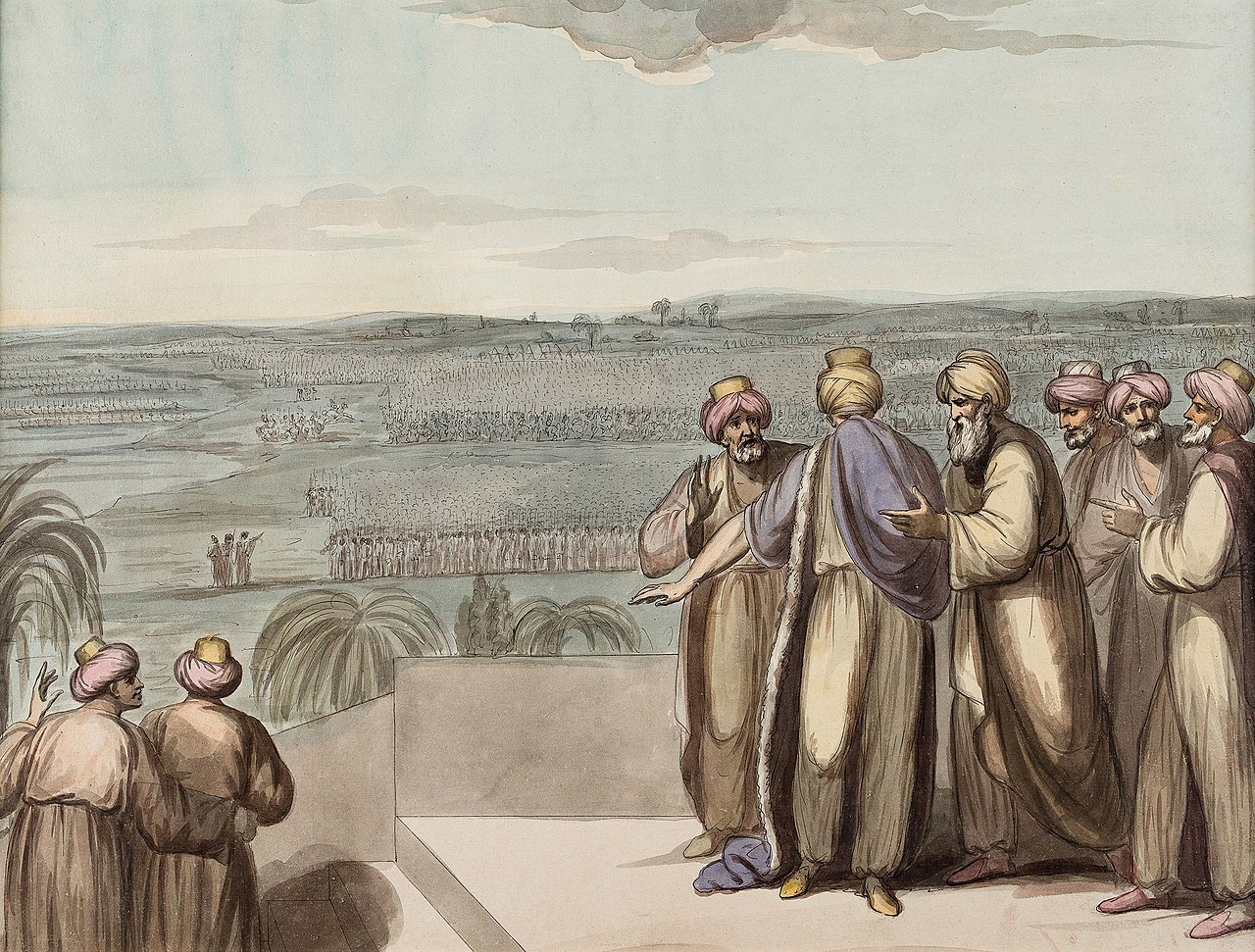 Samuel Woodforde, Wikimedia Commons
Samuel Woodforde, Wikimedia Commons
30. He Was Initially Successful
The Persians looked to be at an advantage as the campaign commenced. Xerxes and his army handily won their first few conflicts, including a large naval battle at Artemisium. The fates seemed to be one Xerxes's side, and there were domestic factors that put the Greeks at a serious disadvantage.
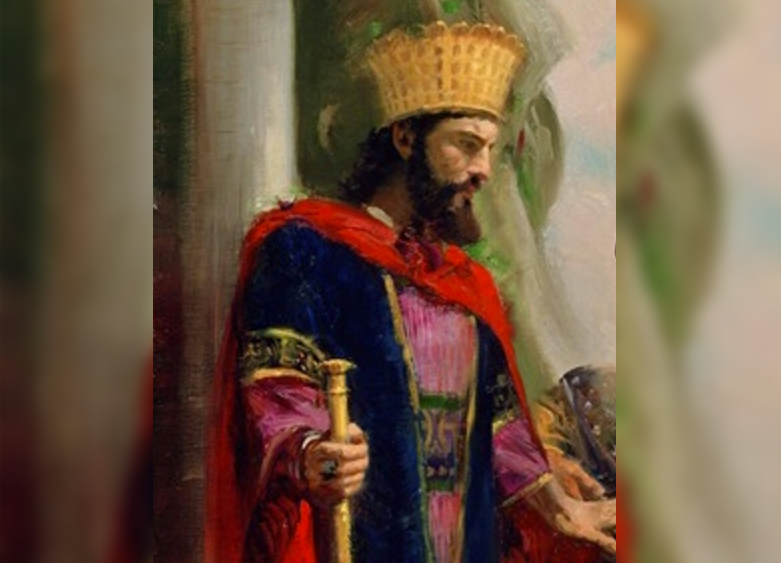 Katidm7413, CC BY-SA 4.0, Wikimedia Commons
Katidm7413, CC BY-SA 4.0, Wikimedia Commons
31. He Had The Advantage
Xerxes’ invasion seemed well-timed. The Greek region was still reeling from a recent Carthaginian invasion of Sicily, which had significantly weakened two powerful regional monarchs of Syracuse and Agrigentum, preventing them from offering support to the Greeks in Xerxes’ warpath.
On top of that, many smaller Greek states saw the writing on the wall and decided to side with the Persians. It must have seemed wise when they saw Xerxes’ army.
 Gener8Xion Entertainment, One Night with the King (2006)
Gener8Xion Entertainment, One Night with the King (2006)
32. His Army Was Massive
Between the fleet and the army, Xerxes forces numbered somewhere between 60,000 and 1 million combatants, a staggeringly-sized force for the era. His numbers included an elite fighting force of around 10,000 men known as the Immortals. Still, the Greeks put up a fight.
33. He Won A Tough Battle
One of the most famous battles of the campaign was the Battle of Thermopylae. Fictionalized in the 2006 movie 300, Xerxes’ forces faced off against the famous Spartans, led by King Leonidas. Legend has it that the Spartan force numbered only around 300 men (hence the movie title), and actually managed to hold their own against the massive Persian force. But you didn't see what happened next in the movie.
The Persians won the day in the end, resulting in the capture of the city of Athens. Xerxes proceeded to raze the Classic City the ground. In fact, despite the setback, things seemed to be going perfectly for Xerxes.
34. He Briefly Expanded The Empire
Following the destruction of Athens, Xerxes seemed unstoppable. The Persians now controlled most of the Greek mainland north of the Isthmus of Corinth, an impressively sizeable landmass. But the king was getting cocky.
35. He Was Overconfident
With most of the land conquered, Xerxes now set his sights on the Greek fleet. However, a Greek advisor counselled the king to send part of his fleet to the Peloponnesus. The conditions for a naval engagement were unfavorable, and the advisor thought it would be best to await the dissolution of the remaining Greek armies.
Xerxes didn’t listen. He’d come to regret it.
 Warner Bros., 300: Rise of an Empire (2014)
Warner Bros., 300: Rise of an Empire (2014)
36. He Suffered Defeat
Xerxes ordered his entire fleet to engage the Greek navy in what became known as the Battle of Salamis. It was a disastrous mistake. The Greek fleet, with something of a “home advantage” in the poor conditions, trounced the Persians. Xerxes was forced to regroup at his winter camp to plan his next move—but Salamis was so bad, he didn't have many options left.
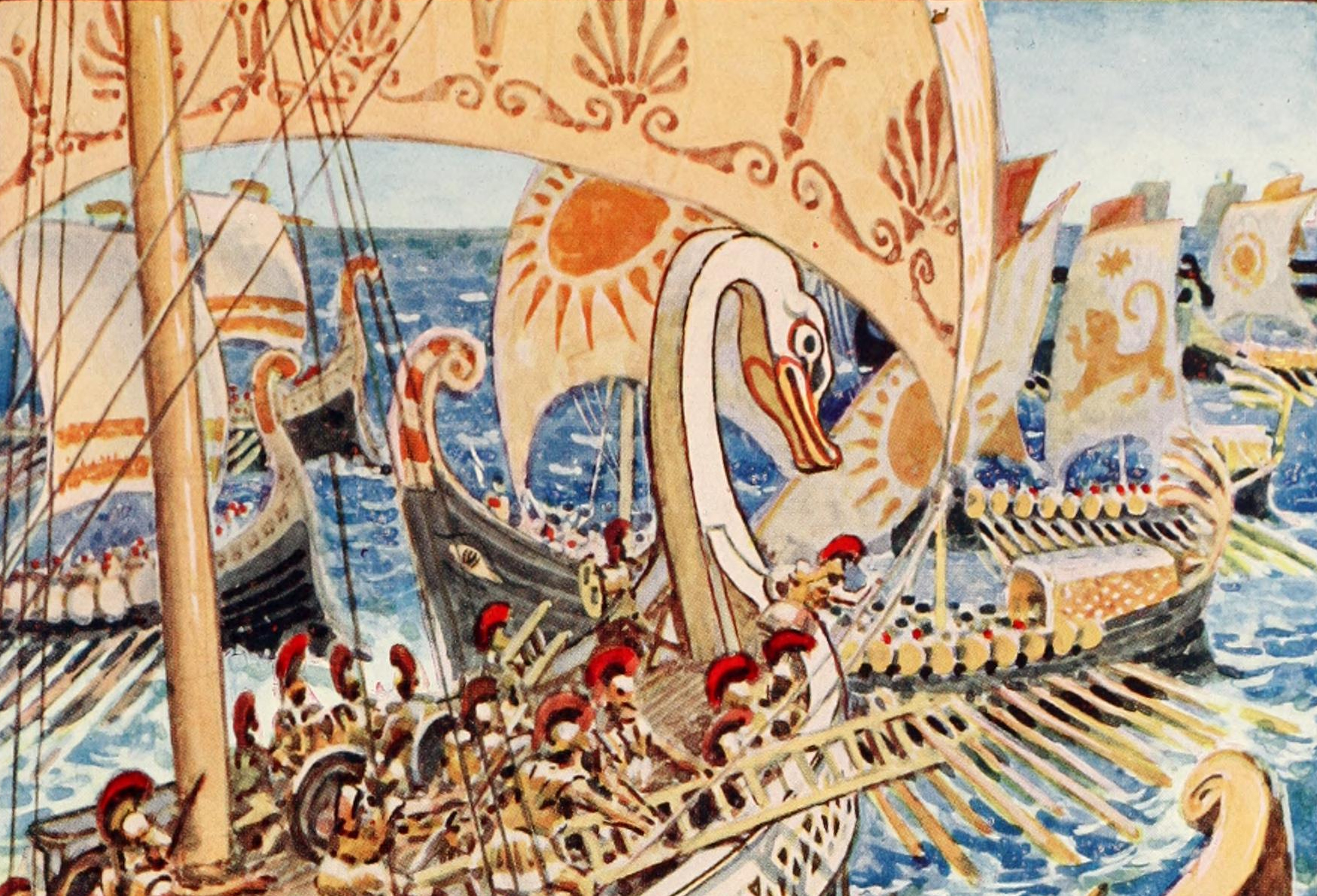 Walter Crane, Wikimedia Commons
Walter Crane, Wikimedia Commons
37. He Ran Away
The decisive defeat meant Xerxes suddenly found himself on the back foot. He began to fear that the Greeks would attempt to trap his army in Europe by destroying the Hellespont bridges. The risk was too great, and Xerxes finally decided to retreat back to Asia, taking the bulk of his army with him.
It was the end of the invasion—but there may have been other factors that influenced his decision.
 Warner Bros., 300: Rise of an Empire (2014)
Warner Bros., 300: Rise of an Empire (2014)
38. His Old Enemies Struck
Historians have suggested that Xerxes’ decision to retreat may also have been because other matters demanded his attention. Seeing their opportunity, with the king in Europe, the Babylonians once again decided to revolt against their Persian rulers.
Xerxes may have felt like this was a higher priority, but he didn’t give up on Europe entirely.
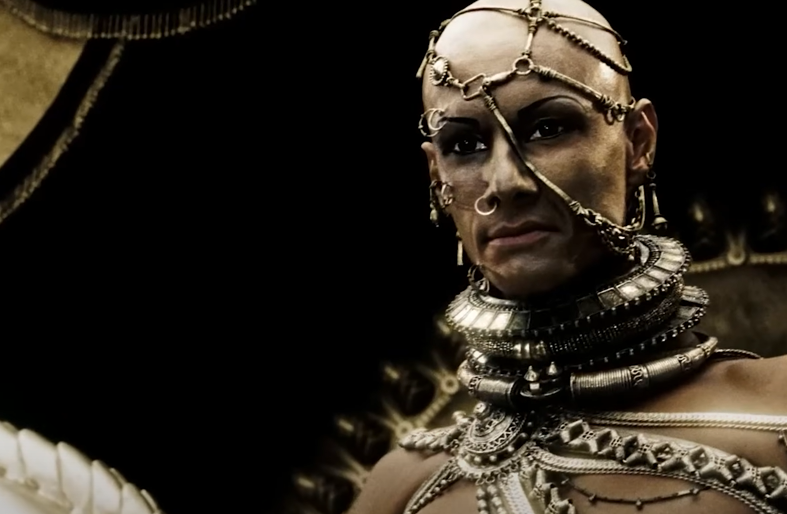 Warner Bros., 300: Rise of an Empire (2014)
Warner Bros., 300: Rise of an Empire (2014)
39. He Left Someone Else In Charge
Xerxes opted to leave a contingent behind in Greece in the hopes they would finish the campaign. He put his military commander, Mardonius, in charge of the remaining forces. Ironically, records suggest Mardonius was the one who suggested Xerxes’ retreat in the first place.
His hesitancy at staying in Europe showed in his performance.
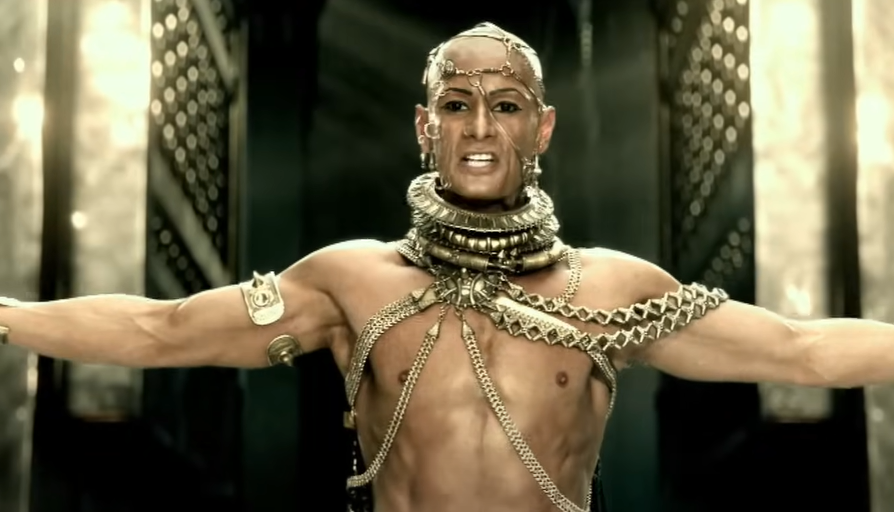 Warner Bros., 300: Rise of an Empire (2014)
Warner Bros., 300: Rise of an Empire (2014)
40. His Commander Failed
Just one year later, Mardonius’ forces were defeated by a coalition of Greek city state forces, and the Persian campaign in Greece came to a decisive end. Xerxes’ attempts to finish what his father started had failed miserably. Now he needed a new project.
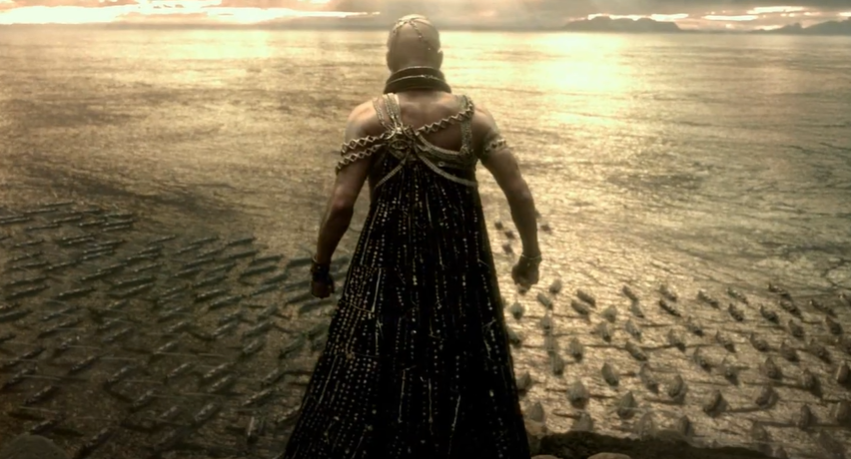 Warner Bros., 300: Rise of an Empire (2014)
Warner Bros., 300: Rise of an Empire (2014)
41. He Started Building
Now back home in Asia with a humiliating defeat under his belt, Xerxes set about trying to mend his legacy. He dedicated the remainder of his life to large-scale construction projects, some new and some that his father had left unfinished.
Among the impressive structures of the era were the Gate of All Nations, the Apadana, and the Palace of Darius. He felt he had to one-up this last one, however.
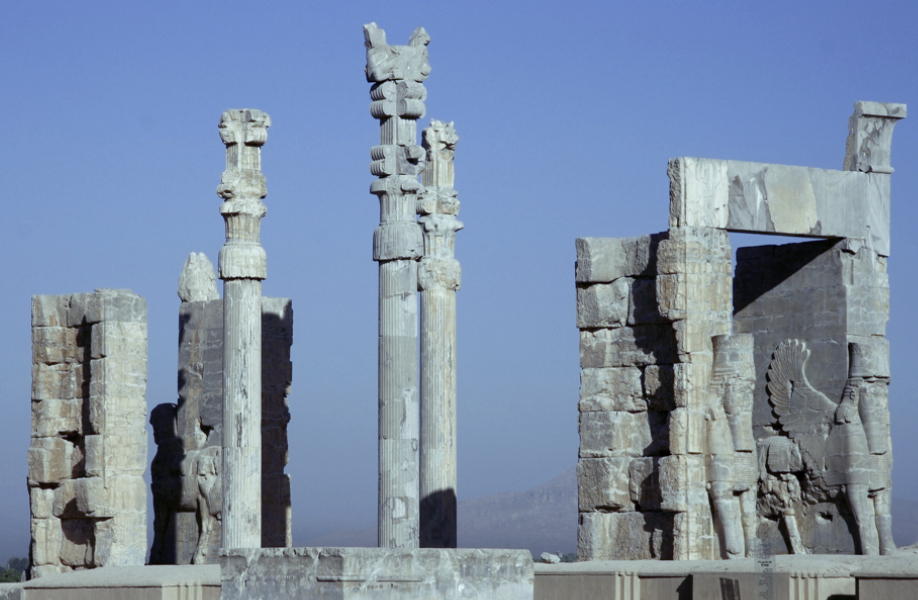 Alborzagros, CC BY-SA 3.0, Wikimedia Commons
Alborzagros, CC BY-SA 3.0, Wikimedia Commons
42. He Liked Things Big
Xerxes also had his own palace built, and he specifically insisted that it be twice the size of his father’s. Though the two men had a similar taste in architecture, Xerxes had a much grander sense of scale than his dad and ensured all structures he oversaw were imposing and colorful.
He did not shirk his father’s legacy entirely, however.
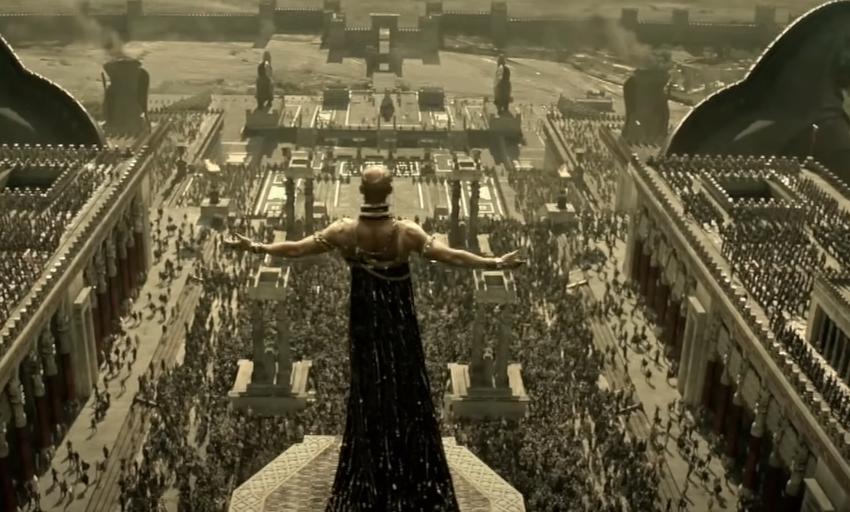 Warner Bros., 300: Rise of an Empire (2014)
Warner Bros., 300: Rise of an Empire (2014)
43. He Was An Administrator
Xerxes may not have been the conqueror he hoped, but he proved competent at his governing duties, ensuring the upkeep of everyday infrastructure across the empire too. In particular, he personally oversaw regular maintenance of the Royal Road, an ancient trade highway built by his father. But none of this was enough to save him in the end.
 Gener8Xion Entertainment, One Night with the King (2006)
Gener8Xion Entertainment, One Night with the King (2006)
44. He Got Assassinated
By August of 465 BCE, Xerxes was no more. The king was suddenly slain at the age of only 53. Adding to the tragedy, his eldest son and heir, Darius II, also croaked around the same time. The precise details of the ordeal are lost in the fog of time, but it appears that Xerxes was betrayed by one of the men he trusted most.
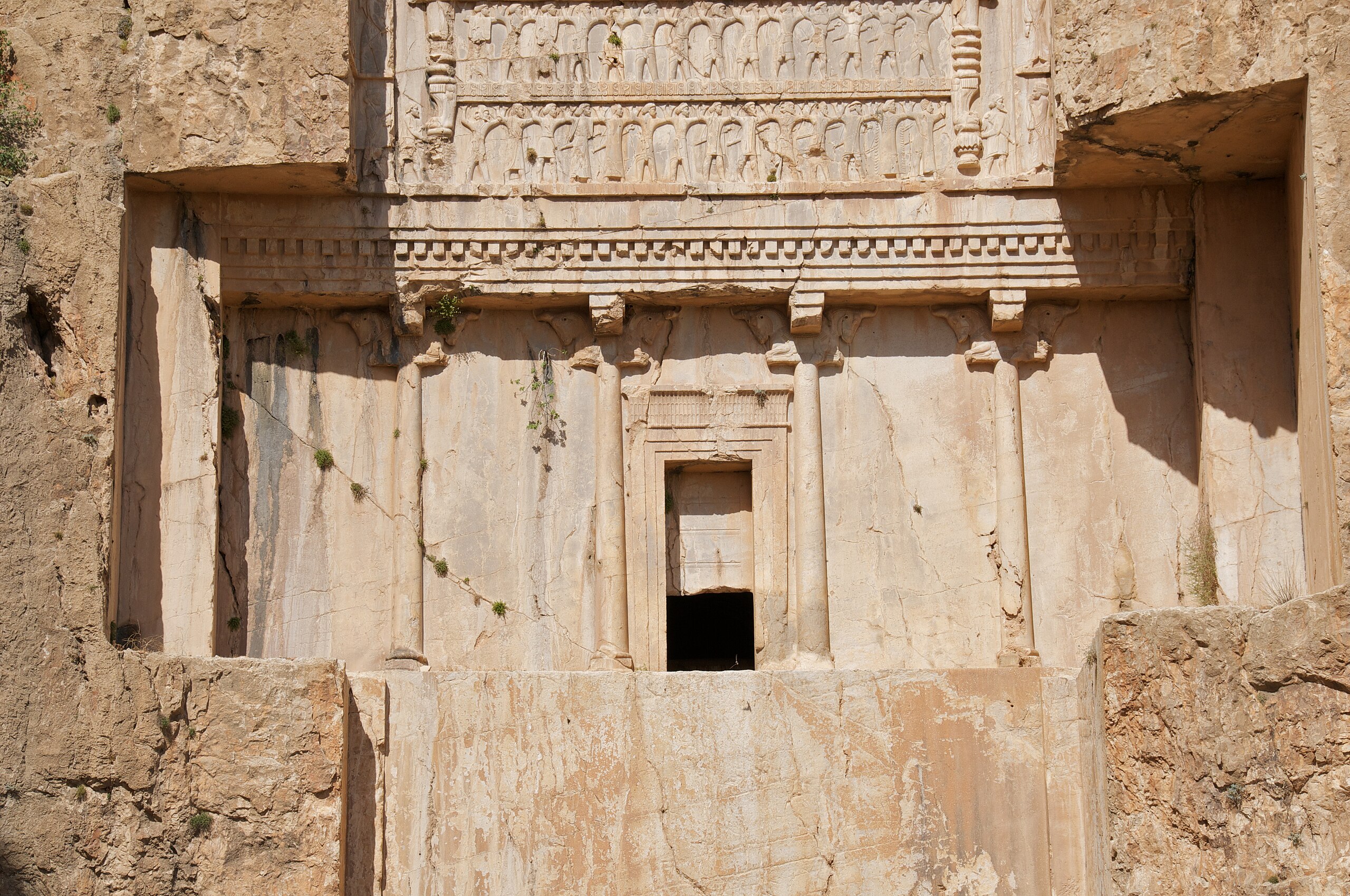 A.Davey, CC BY 2.0, Wikimedia Commons
A.Davey, CC BY 2.0, Wikimedia Commons
45. He Was The Victim Of A Conspiracy
Historical records seem to point to the commander of Xerxes’ royal bodyguard, Artabanus, as the culprit behind the assassination, with the help of a trusted eunuch, Aspamitres. His exact motivations are unclear, but it seemed to be some kind of power play.
 Warner Bros., 300: Rise of an Empire (2014)
Warner Bros., 300: Rise of an Empire (2014)
46. His Commander Plotted Against Him
Artabanus was a popular figure at court. He was well liked among the religious elements and seemed to have engaged in intrigue around the harems of the palace too. Furthermore, through his powers as commander of the royal bodyguard, he had positioned his seven sons in key positions at court, vying to take the throne for himself and depose the Achaemenids for good. One detail, however, is unclear.
 Gener8Xion Entertainment, One Night with the King (2006)
Gener8Xion Entertainment, One Night with the King (2006)
47. His Son May Have Been Framed
Ancient accounts differ on the fate of Xerxes’ son, Darius II, on the day of the assassination. According to one source, Artabanus accused the king’s heir of murdering his father, then convinced Darius’ brother, Artaxerxes, to slay him in revenge. A brutal intrigue—but it may have been even simpler.
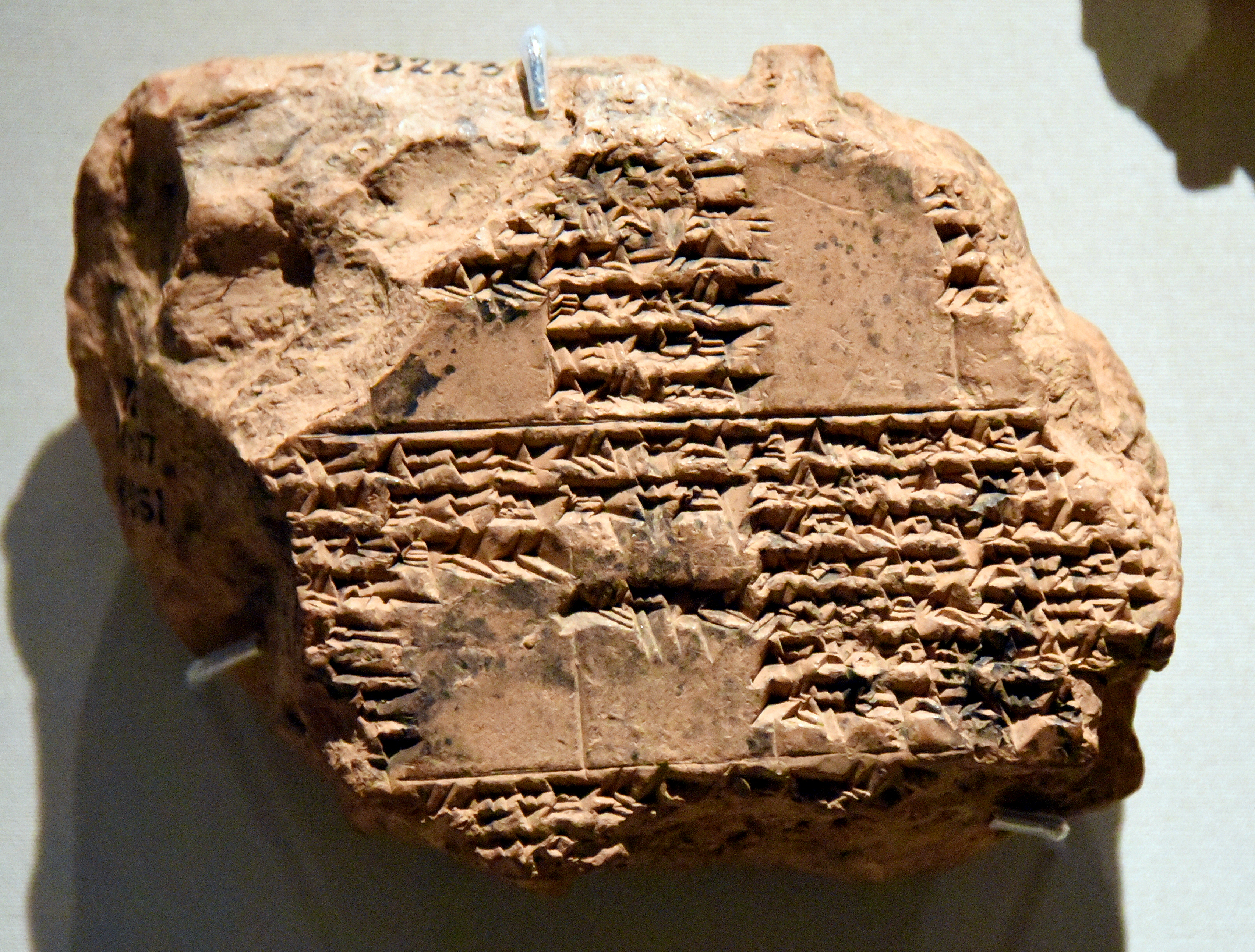 Osama Shukir Muhammed Amin, CC BY-SA 4.0, Wikimedia Commons
Osama Shukir Muhammed Amin, CC BY-SA 4.0, Wikimedia Commons
48. His Other Son Probably Avenged Him
Another account accuses Artabanus of simply killing Darius II first and then killing Xerxes. After Artaxerxes discovered the plot, he allegedly slayed Artabanus and all his sons, preventing his usurpation of the throne. Regardless of Darius’ role, it appears this last part was true, as Artaxerxes ultimately ascended to the throne.
But it may not have happened if not for one man.
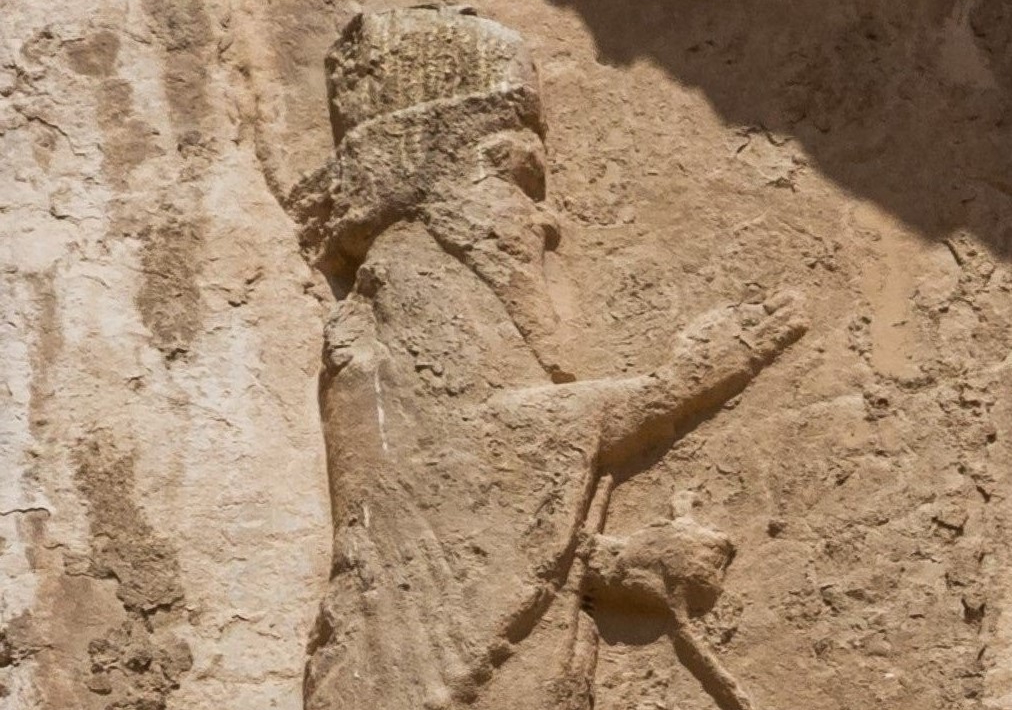 Diego Delso, CC BY-SA 4.0, Wikimedia Commons
Diego Delso, CC BY-SA 4.0, Wikimedia Commons
49. His Son Had Help
The securing of Xerxes’ son, Artaxerxes, on the throne was ensured by a man indecisive in his loyalties, the general Megabyzus. A satrap of Babylonia, Megabyzus was at court at the time of the assassination and decided to take part in Artabanus’ plot. However, it appears that he saw an opportunity with young Artaxerxes, and opted to betray the usurper, saving the Achaemenids from losing the throne. He could not save Xerxes’ legacy, however.
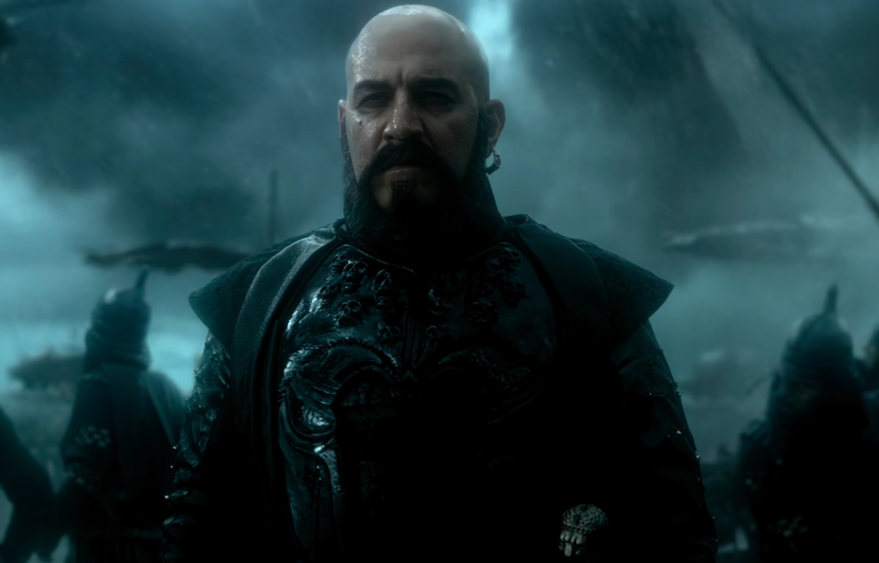 Warner Bros., 300: Rise of an Empire (2014)
Warner Bros., 300: Rise of an Empire (2014)
50. He Got Posthumous Hate
As the Persians were a largely oral culture, much of what we know about Xerxes actually comes from Greek and Roman historians and, therefore, should come with a pinch of salt. Indeed, many sources depict him negatively, which makes sense: he was an enemy of Greece, and at one point, threatened their very existence.
Still, it says a lot about Xerxes’ skills when even his haters had to admit he knew what he was doing most of the time.
 Gener8Xion Entertainment, One Night with the King (2006)
Gener8Xion Entertainment, One Night with the King (2006)
51. His Womanizing Had A Price
Aside from his defeats in Greece, an alleged low point for Xerxes on a personal level was the problem concerning his affairs. A devoted womanizer, Xerxes began an affair with his niece, Artaynte. When Xerxes’s wife heard of the affair, she ordered Artaynte’s mother to be brutally mutilated in revenge (the gruesome details of which we can't even publish).
But it didn't stop there.
 Gener8Xion Entertainment, One Night with the King (2006)
Gener8Xion Entertainment, One Night with the King (2006)
52. He Cleaned Up His Messes
When Xerxes’s brother understandably went on the warpath, Xerxes not only offed said brother, but also his nephews, and every last man who rallied to their cause. Of course, we have to remember that the source for this story was the Greek Herodotus, whose histories have to be taken with a few grains of salt.
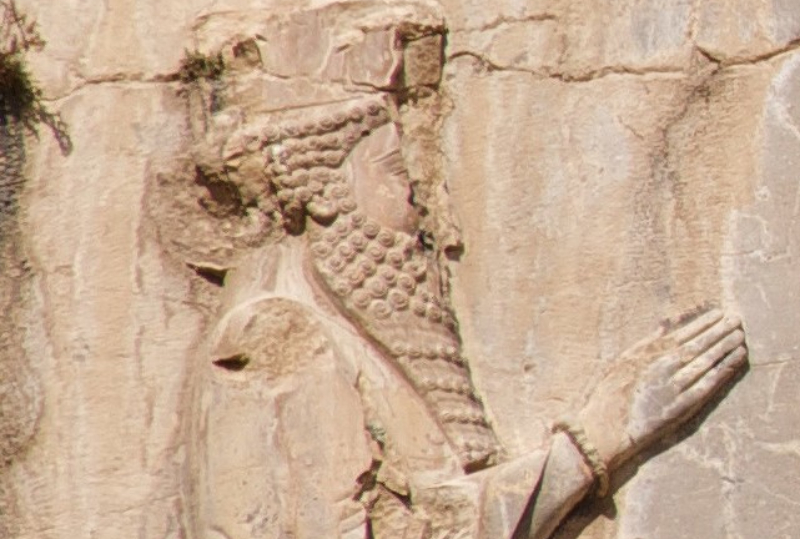 A.Davey, CC BY 2.0, Wikimedia Commons
A.Davey, CC BY 2.0, Wikimedia Commons
52. He Made A Big Mistake
One mistake on campaign cost Xerxes dearly. On their way into Greece, Xerxes’s army had cleaned out the land of food. It made sense when the invasion was started and confidence was high—but the King of King personally paid for his hubris.
Even Xerxes himself wound up going hungry, allegedly surviving on bark and roots on the way home. Many of his troops either starved to death or died of sickness.
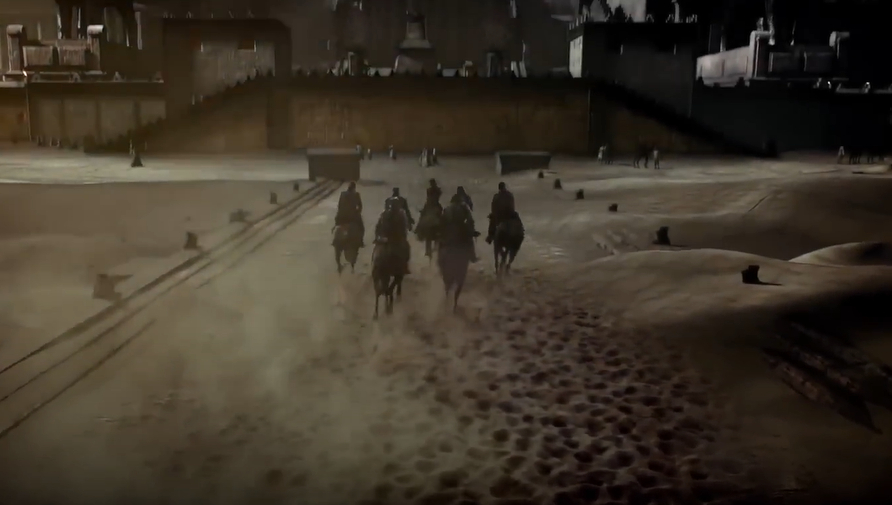 Warner Bros., 300: Rise of an Empire (2014)
Warner Bros., 300: Rise of an Empire (2014)
53. A Lord Made A Request Of Him
Proof of Xerxes's gruesome brutality lies in his interactions with the Lydian noble Pythius. Just before the Persian army was set to cross the Hellespont, a solar eclipse occurred. Xerxes was eager to ignore his seers’ warnings of disaster, but Pythius was a bit more superstitious. He made a request of the King of Kings—one he would regret dearly.
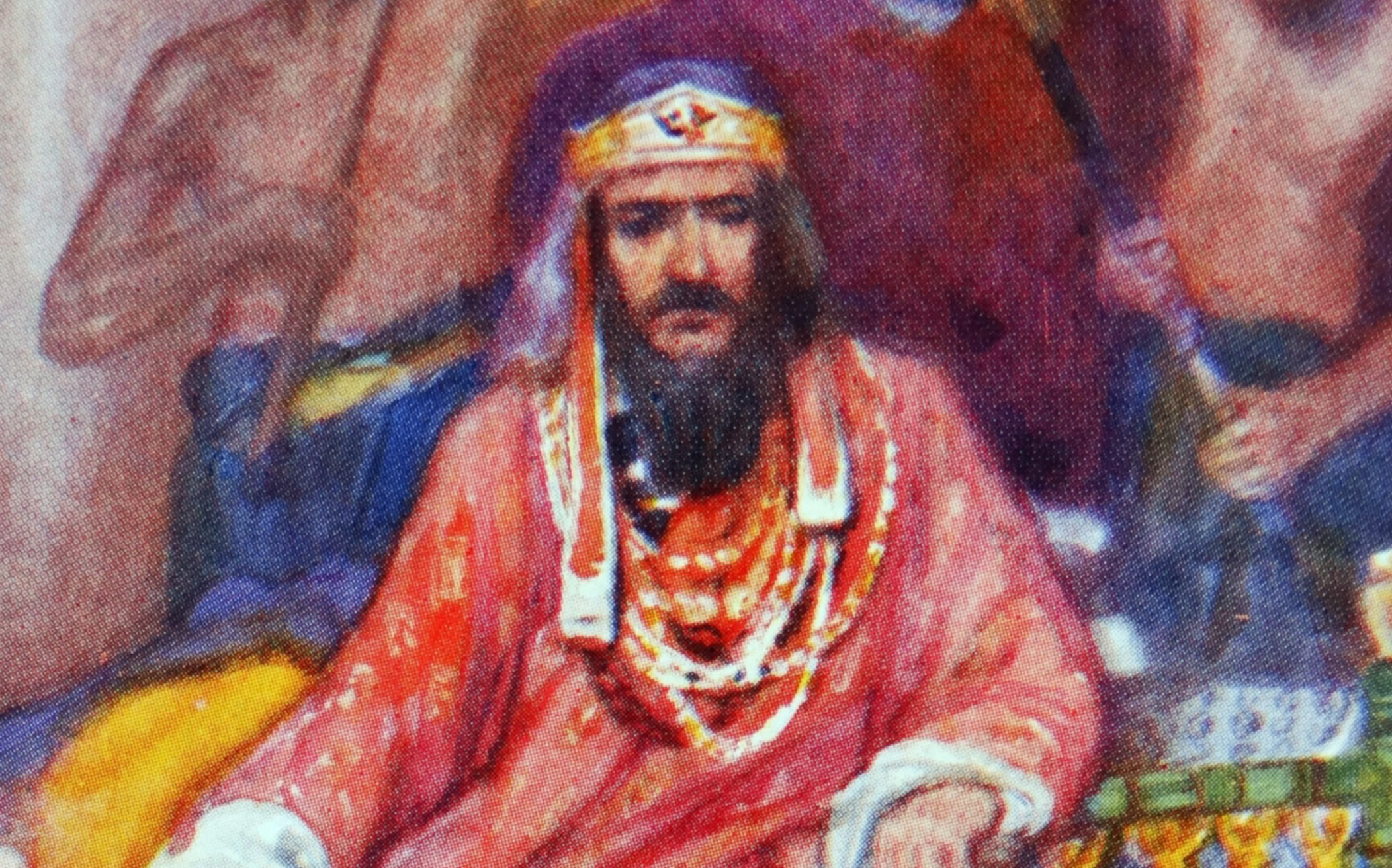 Universal History Archive, Getty Images
Universal History Archive, Getty Images
54. His Reaction Was Unhinged
After the eclipse, Pythias allegedly asked Xerxes to let his eldest son stay home. That way, if the invasion went terribly wrong, at least one of his sons would survive. This lack of confidence in Xerxes so enraged the king that he took Pythius’ eldest son, cut him in half, and had his army march between the two halves!


